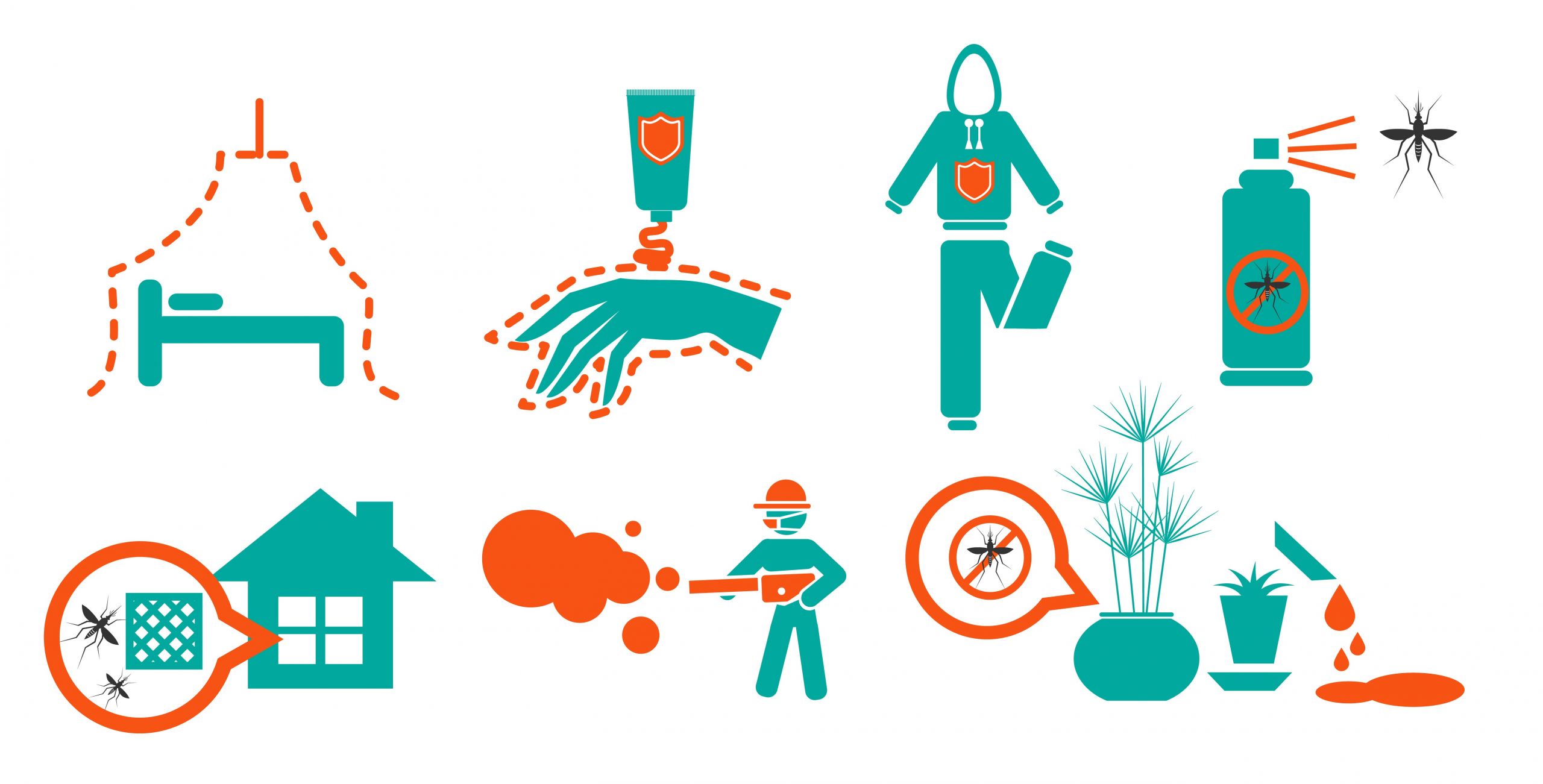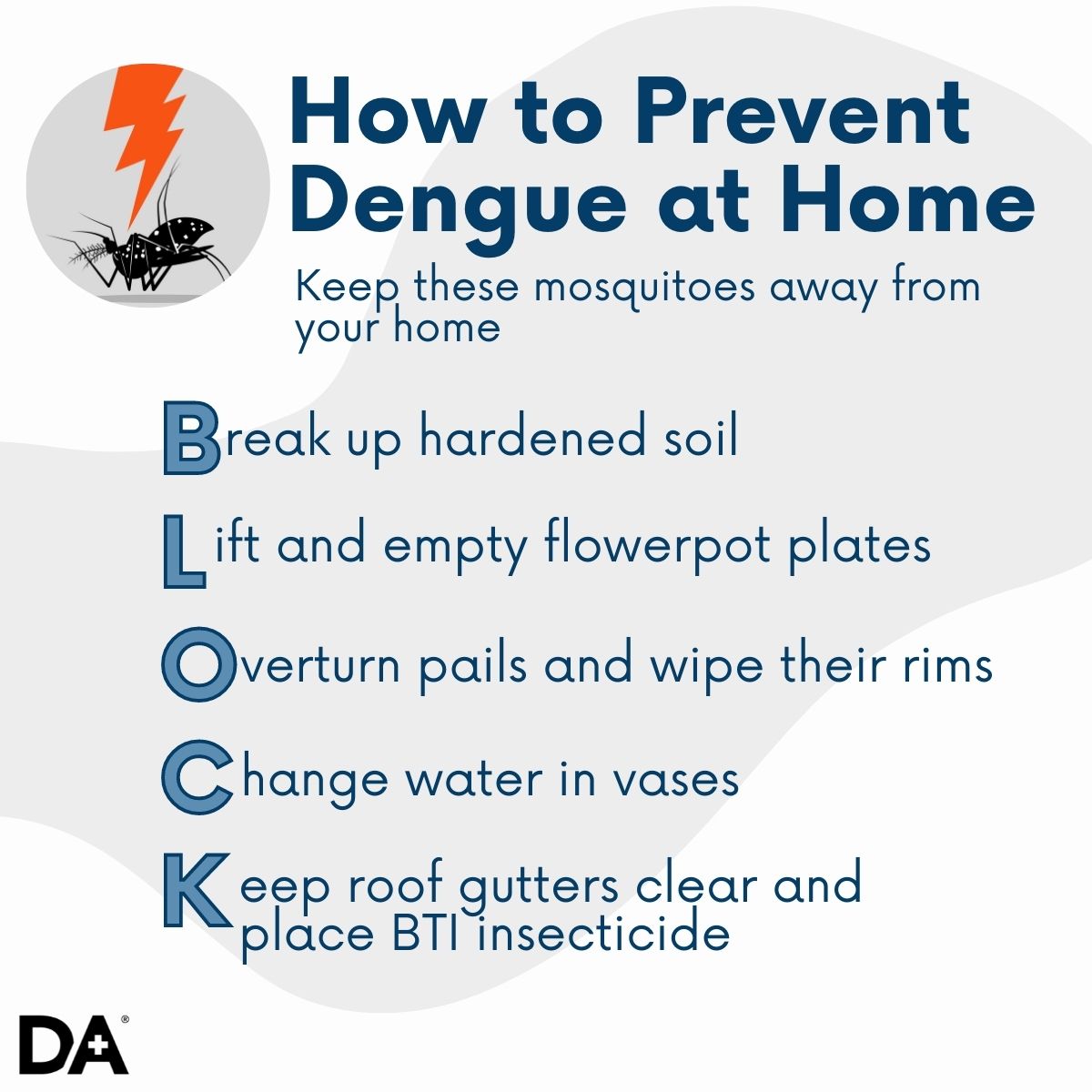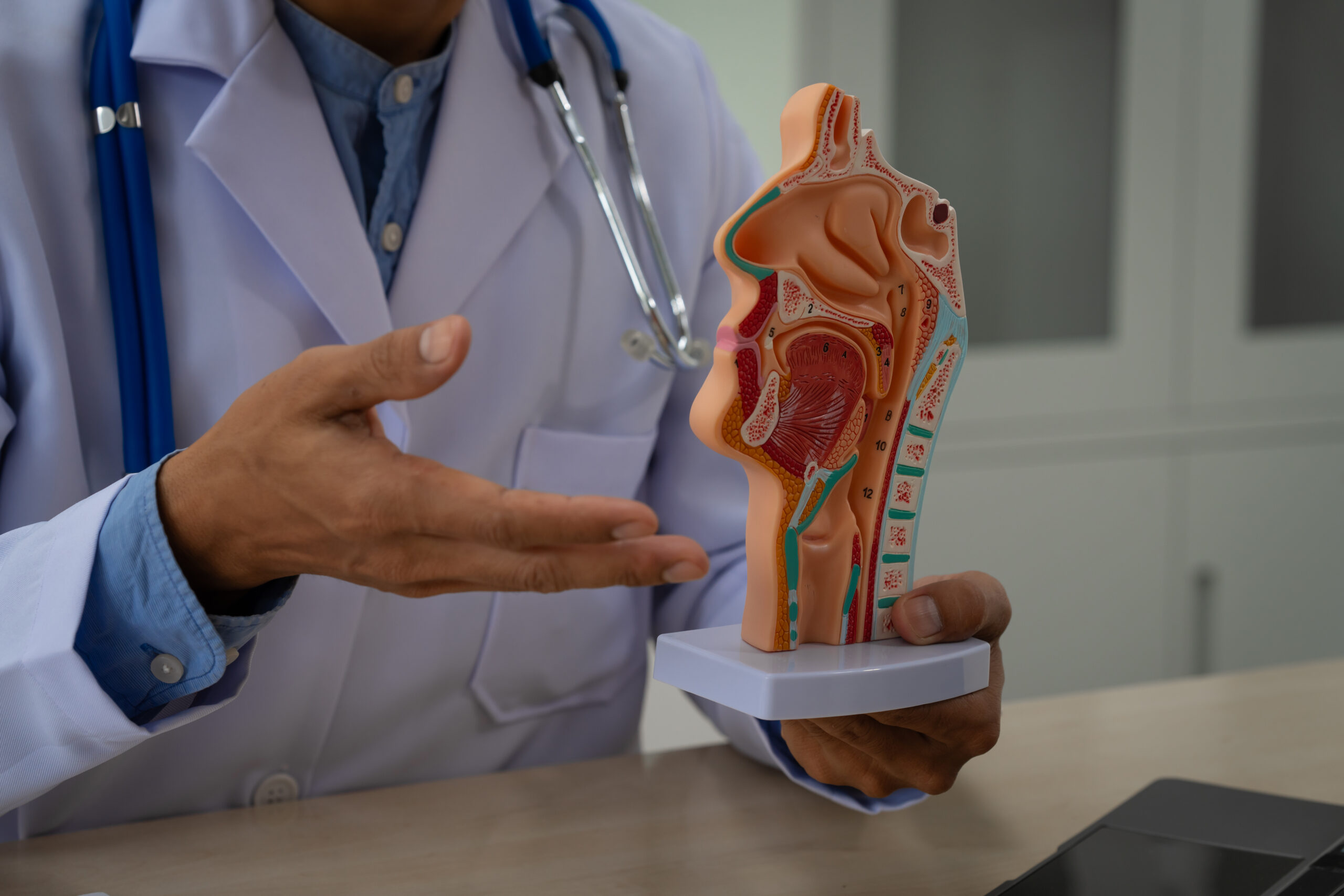From papaya leaves being a cure for dengue to whether dengue can spread between humans, we may have heard various myths and misconceptions about dengue fever.
We debunk some common myths about dengue fever, so that you can take the right precautions to keep yourself and your loved ones safe.
Common Myths and Misconceptions around Dengue Fever
Myth 1: You can only get dengue once.
Unfortunately, an individual may get dengue more than once. There are four serotypes of dengue, meaning four variations of the virus. Hence, even if you do contract and recover from dengue, your immunity is only for that serotype.
Additionally, persons who are infected a second time may experience worse symptoms compared to their first infection. Ironically, Ironically, scientists have found that our immune response is responsible for worsening the symptoms of dengue fever when a person is reinfected. This is because our immune system overreacts to the infection when we are reinfected with dengue, which can cause more serious symptoms.
Myth 2: Dengue fever is contagious.
Dengue is not transmissible from person to person. It can only be spread by the Aedes mosquito. A person gets dengue when they are bitten by an infected female Aedes mosquito; and symptoms will emerge four to seven days after being bitten.
However, Aedes mosquitos generally would not travel far from their breeding area – typically up to 400 meters. As such, if your family member has been bitten by a Aedes mosquito at home, it’s likely that you’re at risk of dengue fever as well. Make sure to do a sweep of your home to minimise potential breeding spots for dengue mosquitoes to prevent dengue at home.
It helps to be aware of where dengue clusters are in Singapore. You can access a map of dengue in Singapore, created by NEA, here.
Myth 3: Dengue mosquitoes only breed in dirty areas.
Aedes mosquitos can lay eggs in puddles of water that are just the size of a 20-cent coin. When it comes to dengue in Singapore, common breeding spots within a household tend to be clear stagnant water in flower vases or pots, roof gutters, and bamboo pole holders. They may even lay eggs in pockets of water trapped within hardened soil.
More than ensuring your house is clean, you should regularly check for any areas with stagnant water to prevent mosquitoes from breeding at home. The National Environment Agency has come up with this handy acronym: BLOCK, to prevent dengue fever in your house.
Myth 4: Dengue fever is not serious.
Dengue fever can be fatal if it is not treated properly. Once infected, common symptoms of dengue include high fever; headache; muscle and joint aches. Typically, the fever will last for three to five days.
Symptoms of severe dengue will start 24 – 48 hours after your initial fever has subsided. Watch out for these warning signs, which may indicate that your dengue fever is worsening:
- Persistent vomiting
- Breathing difficulties
- Abdominal pain
- Bleeding from nose, gums; in vomit or stool
- Fatigue
Severe dengue may lead to dengue hemorrhagic fever and dengue shock syndrome, which can cause death if not treated. Should you or your loved ones display any signs of severe dengue, go to a hospital immediately for medical attention.
Myth 5: Dengue fever can be treated with papaya leaf juice.
A common old wives’ tale about dengue in Singapore is the medicinal properties of papaya leaf juice for treating dengue. The basis of this is because your platelet count drops significantly when you have dengue. Patients with low platelet count are at higher risk of internal bleeding, as platelets help our blood clot. It has been observed that papaya leaf juice can help to boost platelet count.
However, papaya leaf juice or not, there is actually no specific medication or treatment for dengue. What doctors do, instead, is to prescribe medication that treats the symptoms of dengue. Hydration is also key in recovering well from dengue fever.
While most cases of dengue fever tend to be mild, early treatment can help you to better manage the symptoms of dengue fever. If you suspect you or your loved ones are suffering from dengue fever or any mosquito-borne diseases, reach out to our doctors as soon as possible.








